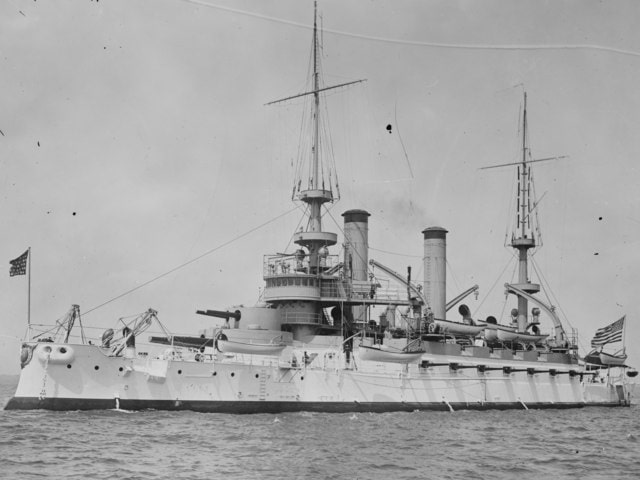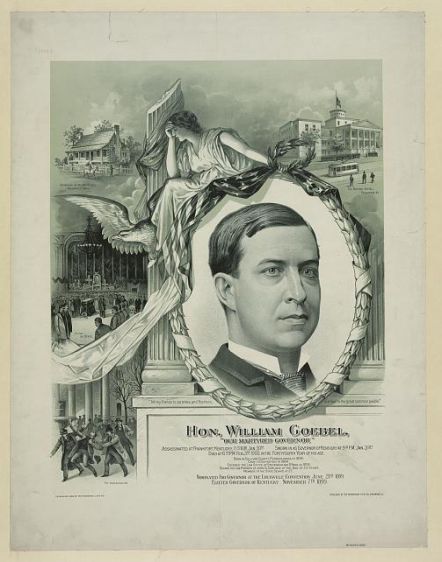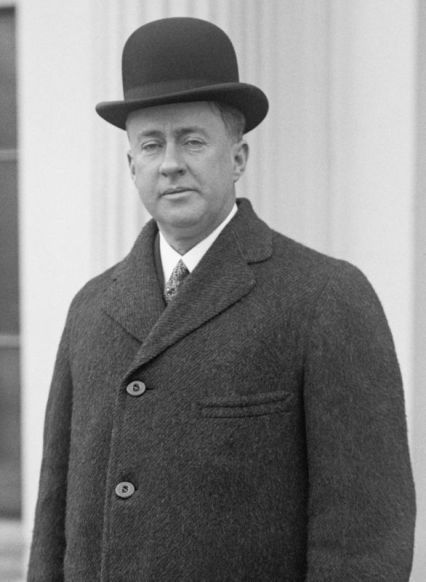On February 3, 1801, the famous Rowan-Chambers Duel occurred . John Rowan’s picked George Bibb as his 2nd , and Dr. James Chambers chose Major John Bullock. Terms were to stand ten paces, turn, and fire with dueling pistols. Etiquette demanded they act like gentlemen and observe the code. 1st round: both missed and agreed to a 2nd attempt with new pistols. 2nd round: Chambers died by gunshot.
Kentucky Trivia : When the duel turned into a possible murder, the Commonwealth became captivated by the court case. The state eventually dropped the charges and John later expressed remorse. Fourteen years later, Judge Rowan built Federal Hill, My Old Kentucky Home, and in 1825, he became Kentucky’s 11th Class III U.S. Senator. Famous Kentucky Duels by J. Winston Coleman, Jr.; pg: 14
On February 3, 1838, delegates from 34 counties met in Frankfort and organized the Second State Agricultural Society of Kentucky . They adopted a constitution that provided for collecting and disseminating agricultural and statistical information over the whole state.
February 3, 1850, Robert Perkins Letcher , Kentucky’s 15th governor from 1840-44, arrived in Mexico to be the 16th U.S. Ambassador to our southern neighbor.
February 3, 1862, Confederate Secretary Benjamin informed Kentucky’s Confederate Governor Johnson that Kentucky raised 46,000 men . The Civil War in Kentucky by Lowell H. Harrison
February 3, 1870, America ratified the 15th Amendment, which granted African American men the right to vote. It would take the passage of the 1965 Voting Rights Act before the majority of African Americans in the South were registered to vote.
February 3, 1871, Preston H. Leslie became Kentucky’s 26th governor . He took over from Governor John W. Stevenson, who took the U.S. Senate seat. Later that year, Leslie won the general election to remain governor.
Saturday, February 3, 1900, at 6:45 p.m., despite the care of 18 physicians, Governor William Goebel died from an assassin’s bullet, Kentucky’s 34th governor. Journalists recalled his last words, “tell my friends to be brave, fearless, and loyal to the common people.” Irvin S. Cobb’s account told how after his last meal, the governor supposedly remarked, “Doc, that was a damned bad oyster.” Governor William Goebel is the only U.S. governor to be assassinated. He lived five days after the sniper struck and governed for four.
William Goebel, courtesy of the Library of Congress. Governor John Crepps Wickliffe Beckham On February 3, 1901, the battleship USS Kentucky (BB-6) , acting on its 1st orders, arrived in the Philippines to support Western forces during the Boxer Rebellion . Over the next three years, it patrolled Asian waters, making numerous port calls in China and Japan. It later served as Rear Admiral Robley D. Evans’ Asiatic Fleet flagship.
By Bain News Service
February 3, 1932, over 250 Kentucky sportsmen and hunters asked Governor R. Laffoon to help them via the General Assembly to restore the “happy hunting ground Kentucky used to be 150 years ago.”
February 3-4, 1937, Kentucky played Tulane two nights in a row . In the 1st game, Rupp’s Cats lost 28-35, with Louisville native Joseph Hagan scoring a game-high 9 points. In the 2nd game, Kentucky got revenge with a 28-25 victory, again Hagan earned top scoring honors with 10 points. Fogelman Arena hosted both games.
February 3, 1940, the Kentucky General Assembly attempted to deal with a growing economic problem in Depression-era America . The act tried to level the playing field between big business and local merchants.
On February 3, 1948, Rep. Sidney Baer introduced a bill to give veteran law school graduates a 5-to-10-point advantage on their bar examinations . He supported the bill by stating that more than half the states offer veterans the same break.
February 3, 1962, Kentucky began to administer, on a mass-immunization basis, the Type III Sabin oral polio vaccine for persons between the ages of 6 months and 16 years .
February 3, 1966, Marine Corps SGT William M. Coomes from Madisonville in Hopkins County died in the Vietnam War.
February 3, 1968, Army SP4 Larry H. Jones from Owensboro in Daviess County died in the Vietnam War.
February 3, 1969, Marine Corps LCPL Donald C. Berry from Louisville died in the Vietnam War.
February 3, 1971, Governor W. Ford proposed a major reorganization of the state’s tax system to eliminate $103 million in food tax to shift the burden to coal producers and big corporations.
February 3, 1977, Paducah native Leeman Bennett became a head coach in the NFL for the 1st time, leading the Atlanta Falcons .
February 3, 1981, at a Frankfort event called the Governor’s Day of Prayer and Thanksgiving, Governor John Y. Brown Jr. honored Col. David M. Roeder . Roeder, a decorated Air Force veteran, was one of 52 Americans who spent 444 days in captivity in Iran from 1979-81. About 1,000 state workers attended the event. The governor stated there was not a dry eye in the house.
February 3, 1997, with few exceptions, children younger than 16 could no longer get married in Kentucky under a bill passed overwhelmingly by the House . Before this bill, Kentucky had no minimum age for marriage. Meanwhile, Lexington officials and UK decided on a truce and agreed that the Wildcats would continue to play in Rupp Arena for at least six more years.
February 3, 2006, Army SGT Lance S. Cornett, 33, of London , died of injuries sustained while engaging enemy forces during Operation Iraqi Freedom.
February 3, 2015, Kentucky native and swindler David G. Rose, who served 52 months in prison for fleecing oil and gas investors, was at it again . A federal grand jury in Tennessee indicted him on charges of conspiring with his son Brian and ten other defendants in a $15 million scheme to rip off investors who thought their money was going into coal mines.


